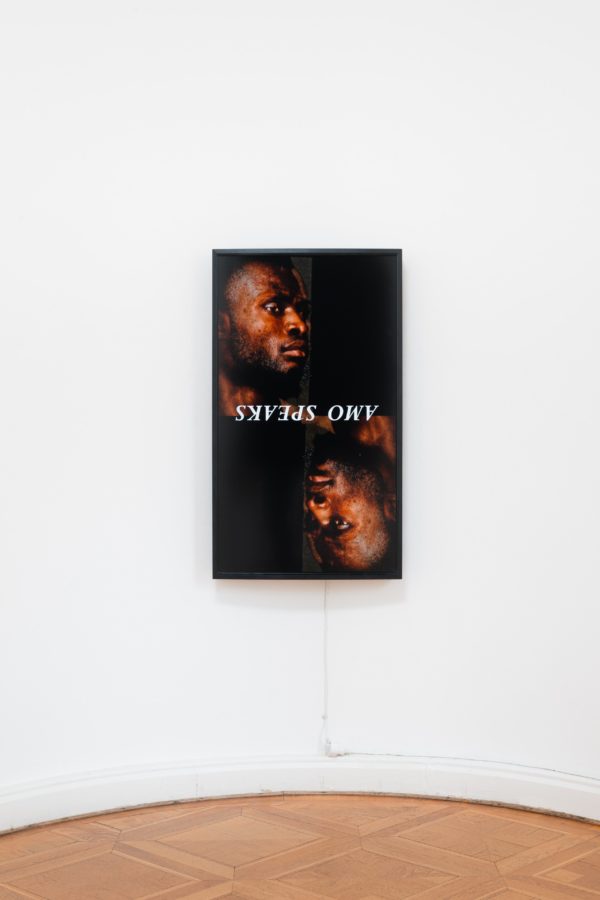THE FACULTY OF SENSING – Thinking With, Through, and by Anton Wilhelm Amo
Thursday, 10 September 2020
THE FACULTY OF SENSING – Thinking With, Through, and by Anton Wilhelm Amo at Kunstverein Braunschweig.
“With THE FACULTY OF SENSING – Thinking With, Through, and by Anton Wilhelm Amo, Kunstverein Braunschweig has worked in close cooperation with Bonaventure Soh Bejeng Ndikung to develop a project in honor of Anton Wilhelm Amo, an outstanding philosopher of the 18th century. On the basis of Amo’s writings and their reception, highly topical issues of referentiality, erasure, and canonization will be discussed.
In a 2013 essay The Enlightenment’s ‘Race’ Problem, and Ours for the New York Times’ philosophy page The Stone, Justin E. H. Smith wonders how and why philosophers like Immanuel Kant or David Hume could afford to be so explicitly racist, at a period when a contemporary of theirs Anton Wilhelm Amo was excelling as a philosopher. The explanation for this can be found in processes of erasure in relation to what Michel-Rolph Trouillot has called ‘Silencing the Past’.
Anton Wilhelm Amo (* around 1700 — † after 1753) is considered to be the first Black academic and philosopher in Germany. His work was largely pushed to the margins and rendered obscure. Amo studied philosophy and law in Halle and positioned himself with his dissertations on the mind-body problem (1734) at the University of Wittenberg and Treatise on the Art of Philosophising Soberly and Accurately (1738) as an early thinker of the Enlightenment.
Anton Wilhelm Amo was abducted from the territory of present-day Ghana as an infant, enslaved, and taken via Amsterdam to Wolfenbüttel at the court of Duke Anton Ulrich. It was here that he began his academic career.
As part of the extensive research and exhibition project, 16 international artists and groups were invited to respond to the philosophical thought of Anton Wilhelm Amo in largely newly produced works. Curatorially, the project develops around questions of Amo’s understanding of the thing-in-itself, the discourse of body and soul, the legal status and recognition of Black people in the 18th century and the present time, transcendental homelessness, the politics of naming, and the narrative and history of the Enlightenment.
The exhibition is accompanied by an extensive public program of performances, artist talks, workshops, and discussions. As part of this, a symposium with international scholars and artists will take place. More detailed information will follow in due course.
A publication will be produced alongside the exhibition THE FACULTY OF SENSING – Thinking With, Through, and by Anton Wilhelm Amo, linking theoretical and artistic contributions to the exhibition and the symposium.” –



